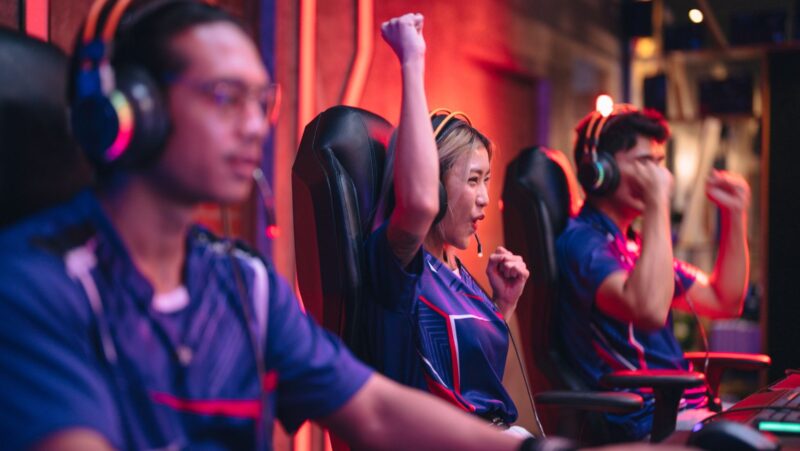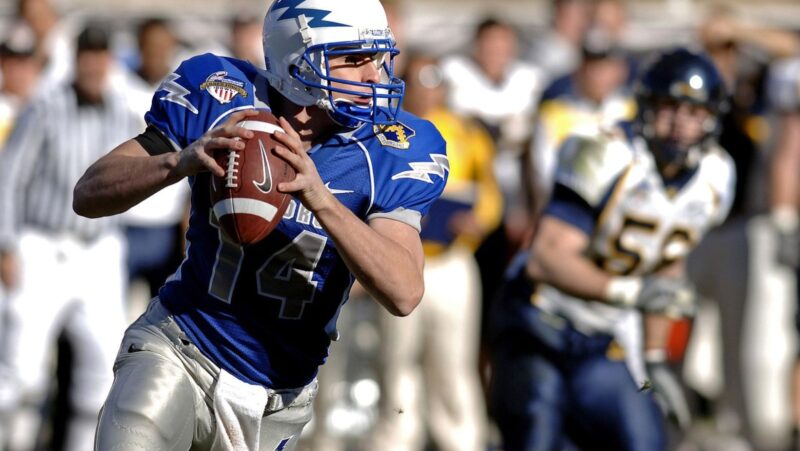
In the dynamic and competitive world of sports, the role of a coach surpasses the boundaries of mere instruction and guidance. Coaches are the strategists behind victories and the unwavering support system for athletes striving for excellence. An outstanding sports coach embodies a combination of qualities and traits that foster an environment of resilience and success. This complex array of characteristics not only enhances the performance of athletes but also nurtures their personal development. This article delves into the fundamental qualities that distinguish an exceptional coach, from profound knowledge and expertise to the pivotal role of leadership in molding champions.
Knowledge and Expertise
The foundation of effective coaching is deep-rooted knowledge and expertise in the sport. This encompasses an understanding of the game’s rules, techniques, and strategic nuances. Coaches with a comprehensive grasp of their sport can convey valuable skills and insights, enabling athletes to navigate the complexities of competition with confidence. This knowledge isn’t static; it evolves with the game, demanding coaches to stay abreast of the latest trends, techniques, and strategies that govern their sport.
Continuous Learning
The pursuit of knowledge is a never-ending journey for coaches. Recognizing that the landscape of sports is ever-changing, they commit themselves to lifelong learning. Many coaches go for an online masters in sports administration to sharpen their skills and expand their understanding. These online degrees cater to the flexibility and convenience of working professionals, making it easier for coaches to balance their careers with their educational pursuits. Equipped with this advanced degree, coaches are better positioned to implement their skills effectively, applying innovative strategies and management techniques that directly contribute to their team’s success and overall organizational growth.
Communication Skills
The ability to communicate effectively lies at the core of successful coaching. This involves more than the capacity to articulate strategies; it requires active listening, empathy, and the ability to tailor messages to the individual needs of athletes. Through clear and constructive communication, coaches build trust and rapport with their team, creating a positive and cohesive environment. Whether it’s offering feedback, conveying complex game plans, or providing emotional support, the proficiency of a coach in communication plays a critical role in the team’s dynamics and performance.
Leadership
Leadership is arguably one of the most influential qualities of an outstanding sports coach. Great coaches lead by example, demonstrating the values of discipline, perseverance, and sportsmanship.

They set high standards for their athletes, inspiring them to push beyond their limits and strive for greatness. Leadership in coaching is not about dictating; it’s about empowering athletes to take ownership of their journey, fostering an atmosphere where every team member feels valued and motivated to contribute to the collective goal.
Empathy and Understanding
A coach’s ability to empathize and understand their athletes on an individual level is crucial. This quality enables coaches to connect with athletes, recognizing their unique challenges, aspirations, and emotional states. By demonstrating empathy, coaches can create a supportive environment where athletes feel seen and valued, not just for their performance but as individuals. This understanding fosters a trusting relationship between coach and athlete, which is essential for personal growth and team cohesion.
Adaptability
The world of sports is ever-changing, with unpredictable challenges arising at every turn. A coach exhibits adaptability, skillfully navigating unforeseen circumstances, whether they relate to game-day surprises or adjustments in training methods. This flexibility ensures that the coach can make swift decisions that benefit the team, adapting strategies to maximize performance under any conditions. Adaptability also means being open to feedback and willing to modify coaching approaches based on athletes’ evolving needs.
Motivational Skills
Motivation is the fuel that drives athletes to surpass their limits and achieve their goals. A great coach possesses the unique ability to inspire and motivate, pushing athletes to explore the depths of their potential. Through positive reinforcement, constructive feedback, and celebrating small victories, coaches can instill a sense of confidence and drive in their athletes. The art of motivation involves knowing what makes each athlete tick and leveraging that understanding to encourage perseverance through challenges.
Attention to Detail
Success in sports often depends on the details, the small adjustments in technique, the subtle shifts in strategy, or the incremental improvements in training. Coaches with keen attention to detail can identify these nuances and refine their athletes’ performance, giving them a competitive edge. This meticulous approach ensures that no aspect of preparation is overlooked and all potential avenues for enhancement are explored. Moreover, this dedication to detail fosters a culture of excellence and precision among athletes, encouraging them to consistently aim for higher standards in every aspect of their performance.
Conclusion
The journey to becoming an outstanding sports coach is complex and multifaceted. It requires a mix of inherent qualities and learned skills, a combination of empathy, adaptability, motivational prowess, and meticulous attention to detail, all resting on the foundational pillars of knowledge, continuous learning, effective communication, and leadership.

These traits together form the backbone of a coach who can truly make a difference in the lives of their athletes, guiding them not only to athletic excellence but also to personal growth and resilience. Coaches who embody these characteristics not only elevate the performance of their teams but also leave a lasting imprint on the hearts and minds of those they mentor. The path to greatness in coaching is one of ongoing development and dedication, where the ultimate reward lies in witnessing the transformation and success of the athletes under their guidance.











